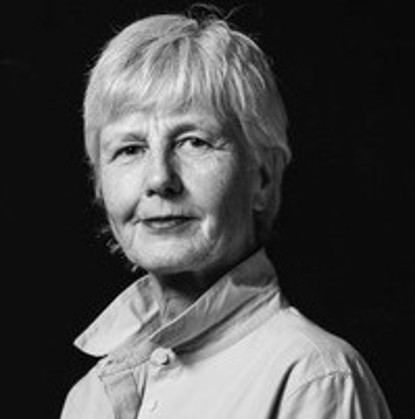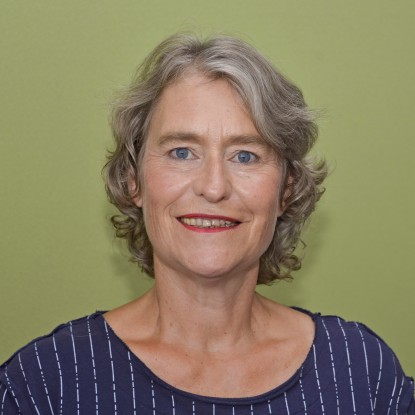Material and materiality
The focus of this Intensive Program (IP) is the implementation of a practice-oriented, interdisciplinary and international training course in the western Greek landscape of Acarnania, in which students receive an intensive and hands-on introduction to post-field research procedures for the evaluation of finds.. A course on this topic has never been offered before. The aim is to make the participants aware of the connections between interdisciplinary content and methods through cross-disciplinary teaching. In this close co-operation of 25 students and 11 lecturers from four European countries (CH, D, GR, NL), the ability to work in a team is promoted through scientific participation and detailed discussions, and cultural barriers are broken down, in order to help overcome the national character of archaeological-historical sciences.
The target groups of the project are BA students from the 3rd semester, MA students and PhD students from various archaeological disciplines. This intensive program offers excellent preparation for those who would like to participate in field projects in the future or who would like to develop their skills in processing/examining specific groups of archaeological objects for their qualifying theses.
The main focus of the program is on the scientific process that starts after the fieldwork (i.e. excavation or surface survey). It introduces students to the proper handling of archaeological material, and familiarizes them with documentation systems, archiving systems and the principles of archaeological classification systems. Drawing and photographic documentation are not only important for long-term archiving, but also essential for the interpretation process. Furthermore, the participants are taught relevant ICT skills, such as how to use drawing and photo editing program as well as how to sensibly and consistently maintain databases. These skills are necessary for the management of larger projects and carrying out work in every professional and academic field.
The learning outcomes of the course are an all-encompassing understanding of archaeological work systems, ranging from recovery to full scientific documentation and analysis. In this way, students learn the potential of archaeological research for reconstructing ancient (cultural) history on the basis of artifacts in every respect, and are thus well prepared to address scientific questions in the context of their qualifying theses. Through the concept of “student-driven research”, the participants produce a considerable amount of information that directly contributes to the ongoing work on the regional history of Acarnania and are thus directly involved in the research output.
For the instructors, the program offers insight into the teaching methods in different countries, which have impacted and shaped the academic lives of the students. The doctoral students, who supervise the groups and offer their own teaching units, gain experience for a university career through practical experience and the acquisition of didactic skills in an international teaching environment.
Coordination by
Technische Universität Darmstadt
Koordinatorin Prof. Dr. Franziska Lang, Fachgebiet Klassische Archäologie
Participating partner universities
Germany
Technische Universität Darmstadt
Kontaktperson: Prof. Dr. Franziska Lang, Fachgebiet Klassische Archäologie
Universität Mainz
Kontaktperson: Prof. Dr. Andreas Vött, Institut für Geographie
Greece
Universität Athen
Kontaktperson: Prof. Dr. Georgia Kourtessi-Philippakis, Institut für Geschichte und Archäologie
Universität Thessaloniki
Kontaktperson: Prof. Dr. Stella Drougou, Institut für Geschichte und Archäologie
Netherlands
Universität Leiden
Kontaktperson: Prof. Dr. John Bintliff, Institut für Klassische und Mediterrane Archäologie
Switzerland
Universität Lausanne
Kontaktperson: Prof. Dr. Karl Reber, Institut für Archäologie und Klassische Studien




